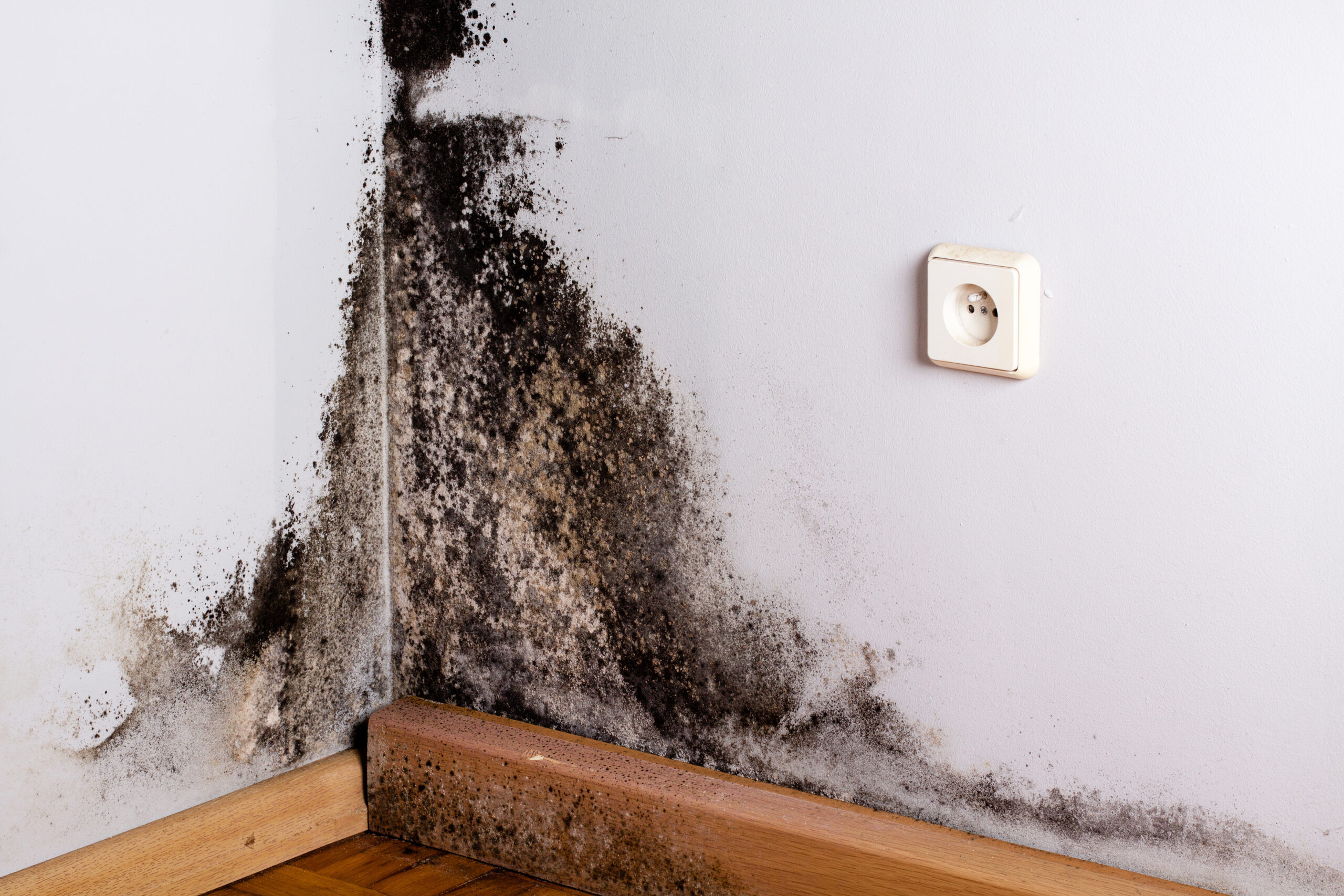There is nothing quite like the excitement of checking into a hotel room – the anticipation of a cozy bed, a hot shower, and a relaxing stay away from home. However, sometimes that excitement can quickly turn to worry when you detect a musty, moldy smell wafting from the corners of your hotel room. Mold is a common issue in buildings, especially those with poor ventilation or moisture problems.
But should you be worried about staying in a moldy hotel room? How serious is the threat to your health and wellbeing? In this article, we will delve into the potential risks of being exposed to mold in a hotel room, as well as provide tips on how to handle the situation if you find yourself in this less-than-ideal scenario.
Signs of Mold in a Hotel Room
When staying in a hotel, its important to be aware of the signs of mold in your room to ensure a safe and healthy stay. One of the first signs to look out for is a musty or damp odor, as mold thrives in moist environments.

Additionally, visible mold growth on walls, ceilings, or furniture is a clear indication of a mold issue. If you notice any discoloration or dark spots, especially in areas prone to moisture like bathrooms or near air conditioning units, its crucial to alert hotel staff immediately.
Mold can also trigger allergic reactions, so if you experience unexplained respiratory issues or skin irritation during your stay, its wise to consider the possibility of mold in your room. By being vigilant and proactive in identifying and addressing mold in hotel rooms, you can protect yourself and ensure a comfortable and healthy lodging experience.
Health Risks of Exposure to Mold
Exposure to mold in a hotel room can pose serious health risks to guests, potentially leading to symptoms such as respiratory issues, skin irritation, headaches, and allergic reactions. Mold releases spores into the air that can be inhaled, triggering respiratory problems for those with asthma or allergies.

Prolonged exposure to mold can also weaken the immune system, making individuals more susceptible to infections and illnesses. In addition to physical health concerns, mold exposure can also have a negative impact on mental health, leading to symptoms such as anxiety, depression, and cognitive problems. It is important for hotel guests to be aware of the potential health risks associated with mold exposure and take necessary precautions to protect their well-being.
Steps to Take if You Find Mold in Your Hotel Room

If you find mold in your hotel room, the first step is to notify the hotel staff immediately so they can address the problem promptly. While waiting for a response, its essential to avoid touching the mold or disturbing it, as this can release spores into the air and further spread the issue. Take precautions to protect yourself by avoiding direct contact with the mold and covering your mouth and nose with a cloth while in the room.
If the hotel staff is unresponsive or if the situation is not adequately addressed, consider finding alternative accommodation to ensure your health and safety during your stay. Mold can have adverse effects on respiratory health and overall well-being, so its crucial to take action promptly if you encounter it in your hotel room.
Conclusion
In conclusion, staying in a moldy hotel room can pose potential health risks, especially for individuals with allergies or respiratory issues. It is important to address mold issues promptly and thoroughly. If you encounter mold in your hotel room, it is recommended to notify the management immediately and request a different room or accommodations.
Additionally, conducting a mold assessment before booking a hotel stay may help prevent potential exposure and ensure a safe and healthy environment for your stay. Prioritizing mold prevention and mitigation can help ensure a pleasant and worry-free hotel experience.

